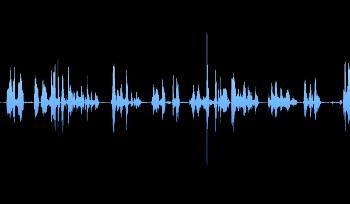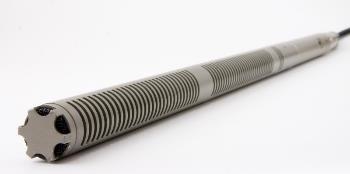

- © 2003 - 2024 Dynamix Productions, Inc. Contact Us 0



It's often assumed that someone with a visual impairment, such as blindness, has better hearing. While this person may collect more audible information than most of us, there is no physical advantage over someone with sight. That information is collected by the brain. That person has trained themselves to rely more on the remaining senses.
Did you ever discover a new fashion, car, or word, only to start noticing it over and over? "How did I not see that before? It was right in front of me all the time." It's the same with your ears. We audio engineers always talk about the psycho acoustics of the brain and it's ability to filter out unneeded sounds. Our ears hear our heart beat, the blood rush through the ear canals, and other body sounds, only to have them "psycho acoustically" removed by our brain. The same goes for straining to hear someone talk to you in a noisy room. You "psycho acoustically" filter out the other noise to only hear your friend.
Microphones are dumb. They have no brains. That wasn't an insult, but a fact. A microphone hears everything around it and can't filter out sounds. The housing is manipulated to make it more directional, but it still hears everything. That's where an audio engineer comes in. Our job is to pay attention to all the sounds that will cause problems later.
Most audio engineers are trained to hear offensive noises from the beginning. Hear that buzz? That air conditioning? That plane overhead? We first hear the sound isolated one-at-a-time so we will be able to hear it when it's buried under other sounds. When I was a music major, I became aware of this technique because I was able to pick out individual instruments during performances. I had been trained on trombone, but I could distinctly hear a clarinet, flute, saxophone, etc. when the whole band was playing, all because I was familiar with each instrument's sound.
There's another very important aspect of being an audio engineer. And that is to listen to what the client is saying. Sometimes the message is cluttered, unclear, or lacking in detail. But it is our job to understand what the creative goal is. Some people have difficulty expressing ideas in technical terms, but that's okay. We're not all nerds that only understand jargon (we just speak to each other that way). In fact, an emotive description is often the best way to communicate an idea.
Our motto "We Listen" embraces many ideas - technical, creative, inspirational, and personal. You should always know that we listen.
